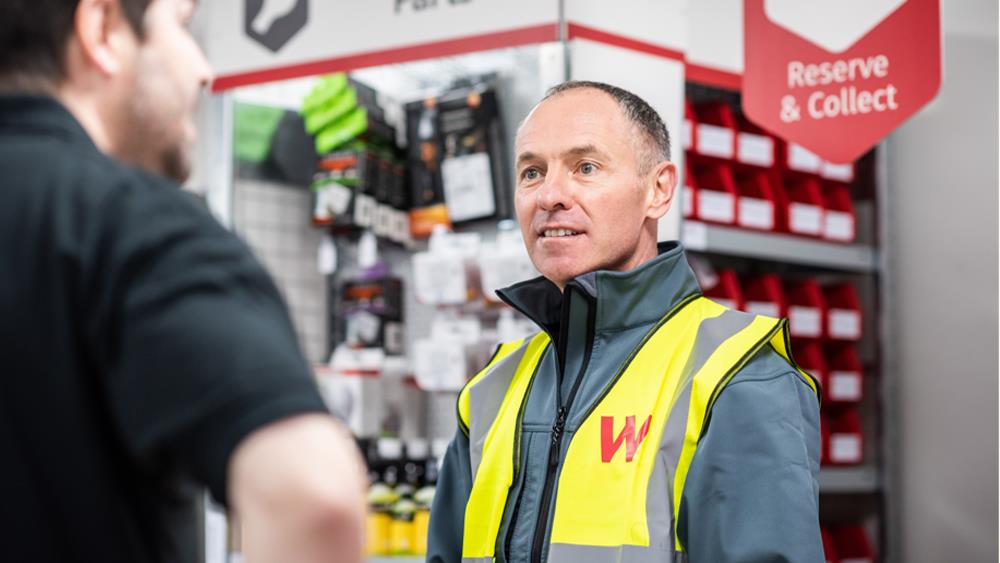

Frontline workers who gain input and control over their working pattern see wellbeing and job satisfaction improve, and organisations that offer this see improved employee engagement levels, according to new evidence published by the social enterprise Timewise.
Timewise, in partnership with the Institute for Employment Studies and three trailblazing employers: Guy’s and St Thomas’ NHS Foundation Trust, Sir Robert McAlpine, and Wickes has completed a two-year action research project designed to try and narrow this divide.
Funded by Impact on Urban Health, the ‘Flex For All’ project set out to establish how to introduce a sense of flexibility into site-based roles through greater autonomy and choice in working pattern.
In total, 5.1 million people in the UK work in construction, retail and nursing – the sectors in which this trial was conducted. Many work mostly on building sites, behind tills or on wards. In fact, 60% of UK employees do not work from home. Since the pandemice, the UK has become two-tier; split between ‘flex haves’ on the one side and ‘flex have nots’ on the other.
To date, there has been limited coordinated action between employers and industry to redress such workplace inequality – until now.
Three employers were invited to take part in the action-research programme by Timewise: Guy’s and St Thomas’ NHS Foundation Trust, Sir Robert McAlpine, and Wickes. Each were selected because they have large concentrations of site-based workers, and have made strong commitments to flexible working, health and wellbeing.
Timewise experts listened to the experiences of employees and managers to create new ways to schedule work or manage teams with each employer, taking their priorities and operational challenges into account.
This included:
To understand the impact of the new ways of working for both participants and their employers, three different methods of data collection were used: employee surveys both before and after the pilots, HR data collection, and discussions with those involved.
At all three organisations, employees reported improvements:
The project also found evidence of financial benefits for employers. For example, at Wickes more than a quarter of participants (28%) reported taking less sick leave due to their new flexible working arrangements.
One of the report authors and head of programme, Dr Sarah Dauncey said: “This research shows that employers who are prepared to innovate and invest in flexible working for site-based staff will be rewarded by increased employee engagement and performance.
“All three of the employers who participated in the programme - Guy’s and St Thomas’ NHS Foundation Trust, Sir Robert McAlpine and Wickes - are looking ahead and furthering plans to widen access to flexible options. For them, there’s no going back. And, for employees, the benefits of increased autonomy over their working pattern are stark. The flexible working they gained through the programme is central to how they want to work in the future.”
Co-author Astrid Allen, from the Institute for Employment Studies, said: “When it comes to offering flexibility for people in roles that cannot easily be done from home, Guy’s and St Thomas’, Sir Robert McAlpine and Wickes are ahead of the game.
“Our research found that frontline and site-based staff want (and, sometimes, really need) better flexible working, and the piloted approaches that Timewise helped to introduce were beneficial to both the employees and their organisations. Our findings suggest that many other employers could benefit from offering similar approaches to their people.”
Sonia Astill, Chief People Officer at Wickes, commented: “We are delighted to be giving the opportunity for our store management teams to explore flexible working options and busting the myth that managers in retail operations need to be on-site at all hours of the day. We have demonstrated that this just isn’t the case and that being open-minded about flexible working patterns can deliver significant benefits to both the company and colleagues.
“At Wickes we want our colleagues to feel at home and feel supported to be their authentic selves at work. Key to achieving this is a healthy work-life balance, allowing people to switch off from work and spend more time with friends and family. It is also a win-win for the business leading to higher levels of engagement, reduced turnover and the ability to attract and retain diverse talent. Ultimately, happy colleagues lead to happy customers and better overall company performance.”
Nicola Bristow, Portfolio Manager at Impact on Urban Health, said: “At Impact on Urban Health we know that work is not experienced equally, and those working on the frontline face challenges that can impact their health. It is an issue of health equity and employers must act to ensure that inclusive practices on flexible work reach those who are already carrying the greatest health burden - people from minoritised communities who are living on low incomes.
“This essential research by Timewise and the Institute of Employment Studies shows how being able to work flexibly is a key element of healthier working conditions, bringing greater balance between work and life for better mental and physical health.
"Our hope is that this report acts as a catalyst change in how we think about health at work, and part of a wider movement to make sure that everyone – no matter their role or where they work – can enjoy good health.”